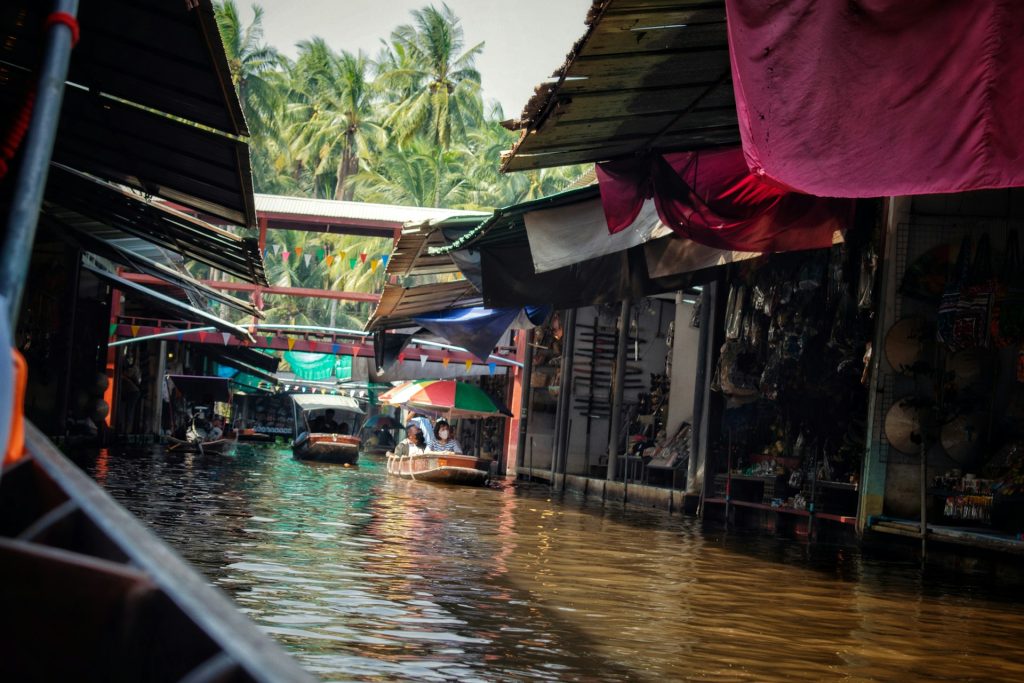
The week’s headlines said “progress.” Nigerians felt “pressure.”
Nigeria commissioned a homegrown FSO (Cawthorne) to ease crude export bottlenecks; the World Bank put growth near 3.9% (H1 2025); the AfDB lined up $500m in budget support. Across Africa, forecasts improved and new pledges arrived. Yet families still wrestled with food inflation, floods, insecurity, fatal boat accidents, and the shock of life expectancy at 54.9 years.
It’s a familiar Nigerian paradox: macro wins without micro relief—and Africa shares the rhythm.
Nigeria: Big Moves, Thin Relief
- Energy & logistics: FSO Cawthorne reduces reliance on vandal-prone pipelines and should smooth crude exports. Good for FX and reserves; not an instant fix for pump prices or diesel costs.
- Financing & reform: New $2.3bn loans and a debut $500m sukuk aim to close fiscal gaps and refinance Eurobonds. AfDB’s $500m support in 2025 is tied to reform delivery.
- Human reality: A deadly Niger River boat accident (26+ lives), Boko Haram seizure of a border town (Kirawa), ongoing flood fatalities (538+), and a tragic home invasion death of a young news anchor reignited the national security debate.
- Social stress: Lowest global life expectancy ranking underlines the gap between growth headlines and public health.
Translation: FX and oil logistics might stabilize the macro picture. But food prices, safety, and services define daily life—and business.
Africa: Voice, Agency, and the Split Screen
- Narrative & agency: FT Africa Summit put African priorities on stage; Diaspora Week in South Africa framed diaspora ties as reparative justice and co-creation—not symbolism.
- Money & partners: The World Bank lifted Sub-Saharan growth to 3.8%; the EU pledged €545m for clean energy; South Africa signaled fiscal discipline.
- Frictions: AGOA lapsed, risking apparel and light-industry exports; critics say Global Gateway under-leverages local institutions and private capital; civic space shrank in places (e.g., Burkina Faso NGO arrests).
- Humanitarian strain: Cholera alerts in Ethiopia’s camps; Sahel displacement (~4m people) persists.
Translation: Capital and summits are useful—but local capacity, rights, and supply-chain reality decide whether benefits land.
What a Single Business Owner Can Do (Right Now)
- Cashflow first: Assume slow FX and sticky food inflation. Add a 10–15% buffer to COGS for Q4–Q1.
- Energy mix: Reduce diesel exposure—pair solar + inverter and negotiate shared power arrangements where possible.
- Logistics hedges: Build river/road backups and avoid weather-exposed time windows. Boat accidents and flood detours are operational risks.
- Procurement timing: If you import packaging or inputs, advance-buy modestly before FX windows tighten; if you export, align shipments with the FSO scheduling uptick to reduce demurrage risk.
- Human promise: Offer telehealth access and flex time during flood or security spikes. Absenteeism drops when staff feel seen.
- Market message: Speak plainly to customers’ reality—“we kept the price of one staple item flat this month.” Trust compounds.
The Bigger Picture
Nigeria’s FSO, sukuk, and external support can unlock stability—if reforms reach the street: food, safety, services. Africa’s growth will stick when African agency shapes the capital and the contracts. Until then, plan for two truths at once: improvement at the top, strain at the bottom.
Bottom Line
You don’t need perfect policy to run a good business—you need a map.
Ulysses Blueprints turns weeks like this into a one-page operating plan: cost buffers, energy mix, logistics backups, and customer communication that protect margin and goodwill.
